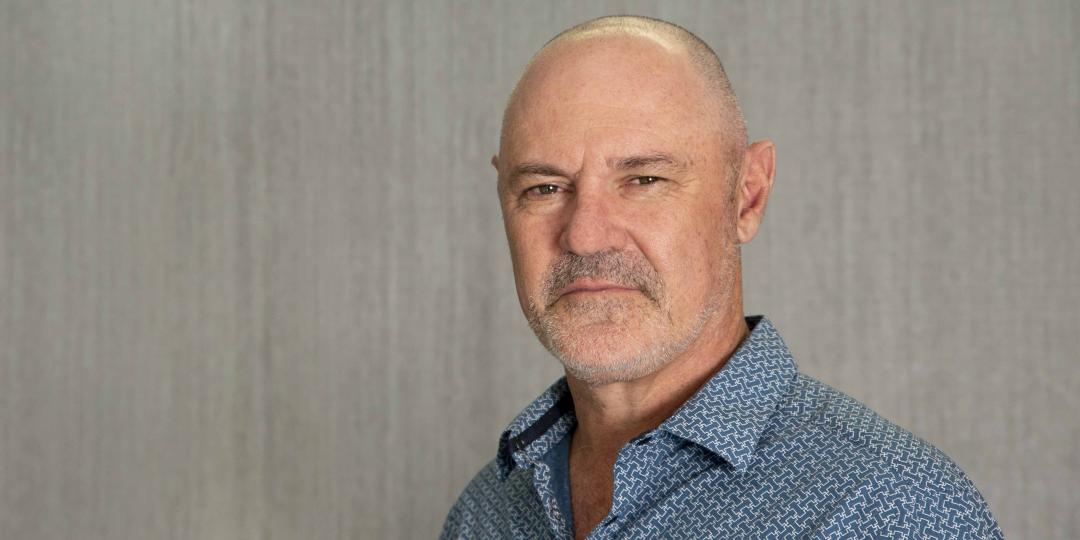Suppliers to foreign tour operators have found themselves in murky tax waters as complex and confusing regulations have resulted in at least one legal challenge with SARS and businesses being subjected to unexpected assessments leading to potential tax bills and penalties.
At the core of the confusion is whether tour operators in South Africa are acting as agents for FTOs, providing a service in exchange for a commission or fee (which could be zero-rated for VAT) or whether they are acting as principal agents, providing the tourism services directly (which could result in VAT charges).
SATSA held a webinar last week, hosting a number of tax experts to provide clarity and advice to operators who arrange tours and services on behalf of foreign tour operators, who then sell these packages on.
Charles de Wet, Executive for Tax at Edward Nathan Sonnenbergs attorneys said this was further complicated by whether the arranging services happened before a tour group or visitor arrived in the country or while they were in the country. Goods and services consumed while in the country are not zero-rated for VAT.
David Frost, CEO of SATSA, said the organisation had been engaging with SARS to get clarity on the issue but these discussions had stalled as a result of legal challenges currently in the courts. The organisation has also commissioned a study by PwC to assess inconsistencies in VAT treatment among members.
“We need to try and get to some level where we have a clear, defined set of guidelines that small businesses who are bona fide genuine tourism entrepreneurs can adhere to,” he said.
Writing in a recent email to SATSA members, Frost said “Settling this VAT treatment is crucial. Continued disputes and inconsistent court rulings only add to the challenges we face. We need rules that focus on the underlying legal relationships, not simply on the location of personnel.”
Director of Tour d’Afrique, Craig van Rooyen, said the issues were impacting small businesses and making it difficult for the local industry to compete.
“Fundamentally, the treatment of VAT should be simple and that is currently not the case.
Our industry is dominated by small companies who can't afford expensive tax consultants and computer systems to assist,” he said.
Court challenge
A recent ruling by the Tax Court, in the KEN CC v SARS matter deals with the tax treatment for a vendor supplying FTOs. In that ruling, the court found in favour of the vendor, stating that SARS was “grossly unreasonable in adopting the stance it did, both in relation to the challenged assessments and the stance it adopted throughout [the] proceedings”.
But Jo Roman, Senior Associate at ENS, who worked on the case, said that ruling in the Tax Court did not create a binding precedent for SARS. “If you are in a dispute with SARS, the road ahead is quite a long one.”
Tax Court rulings also allow the losing party automatic right to appeal, and in the KEN case, the matter will be heading to the Supreme Court of Appeal.
Practical steps
Roman said while the KEN case did not set a precedent, it did highlight some practical takeaways that businesses operating in this area could learn from.
The witness who led evidence in the matter was able to give detailed evidence which ultimately counted in KEN’s favour.
“The best way to set yourself up is to be prepared to answer questions about how you run your business and have record keeping that backs that up,” she said.
She said one piece of evidence introduced in the case was an email from SARS dating back to 2005, which endorsed how the company had invoiced.
David Standage, Group Financial Director for Cullinan Holdings, said it was important to “have an agreement with the foreign tour operator which authorises you as their agent”.
De Wet added that these agreements should be precise that a business is sourcing services on behalf of an FTO, in return for an arranging fee. It should also distinguish between services provided in and out of the country and be specific about the exact services provided, and where the recipient of these services was stationed.
“Don’t sign a boilerplate agreement because it will probably get you into trouble at some point in time,” he said.
Cliff Watson, Director of Tax at BDO Tax Services said there were also key documents that service providers should have on record. These include tax invoices to the foreign recipient, written confirmation that the recipient is not a resident of South Africa and proof of payment for arranging the service.






















